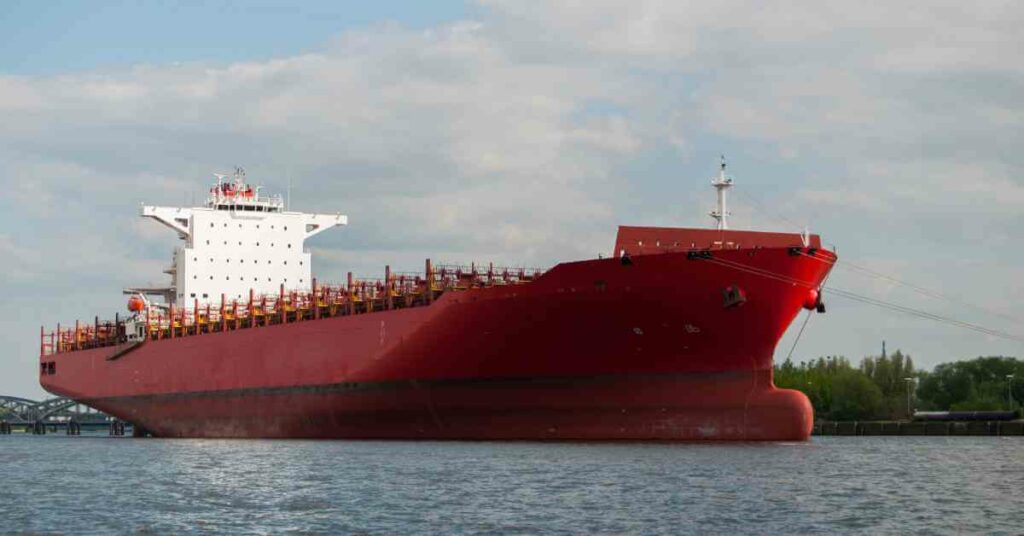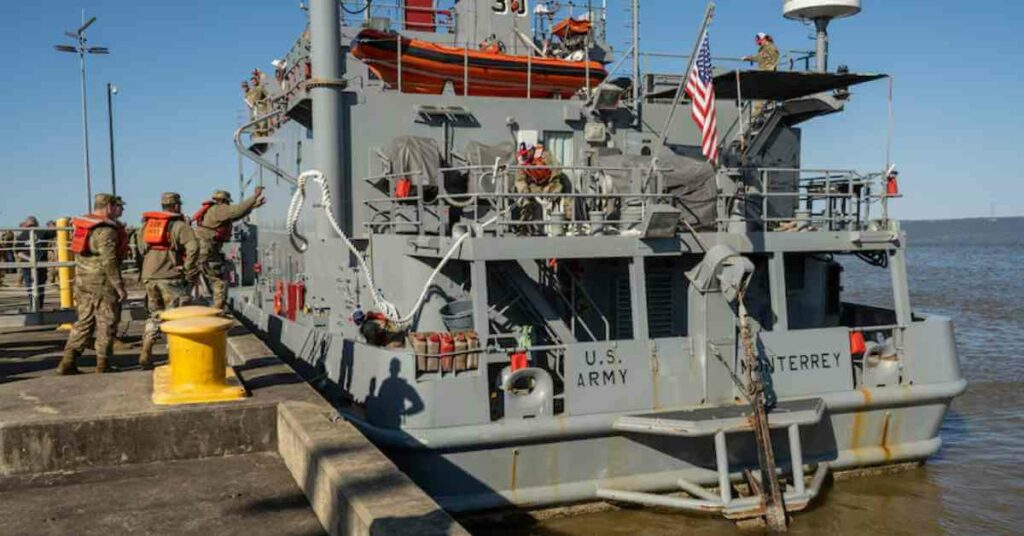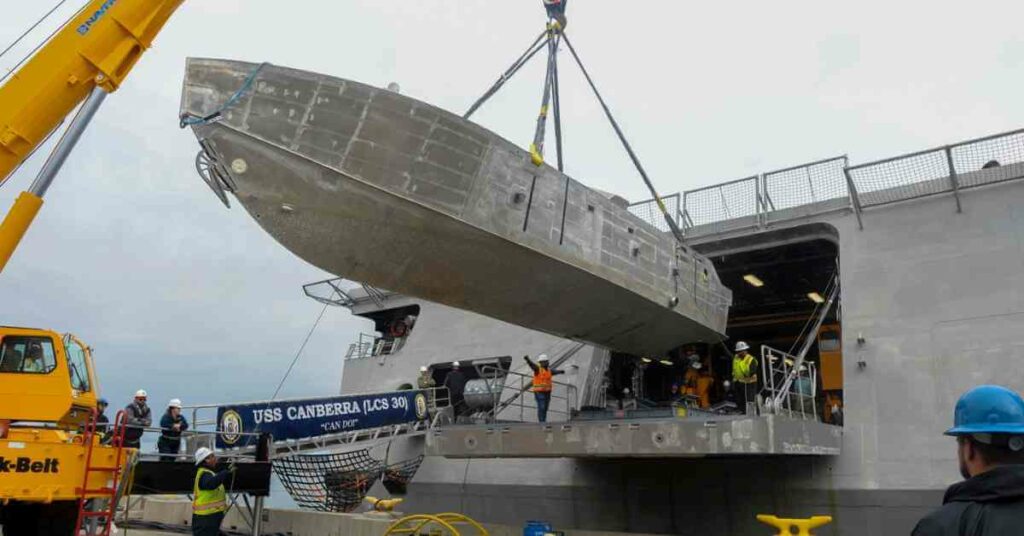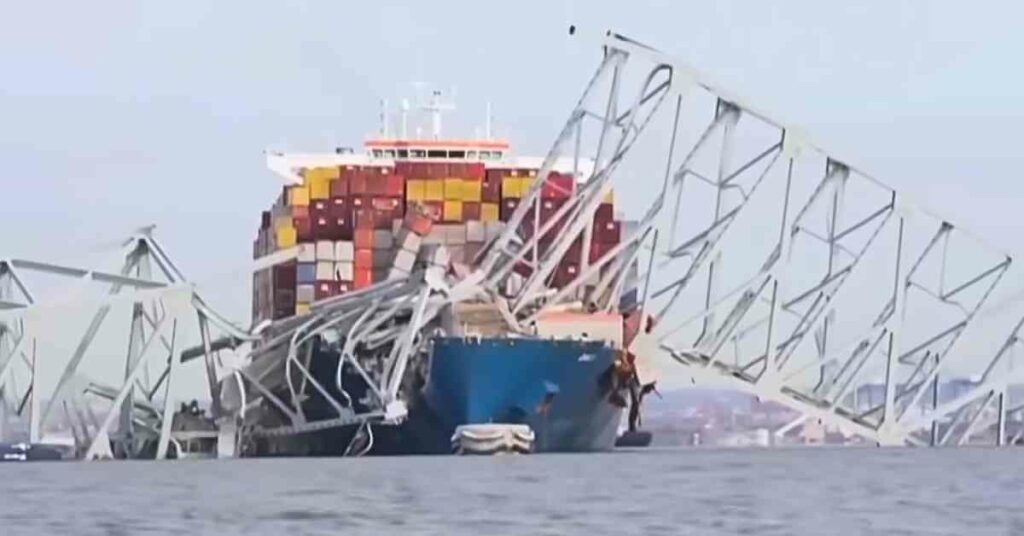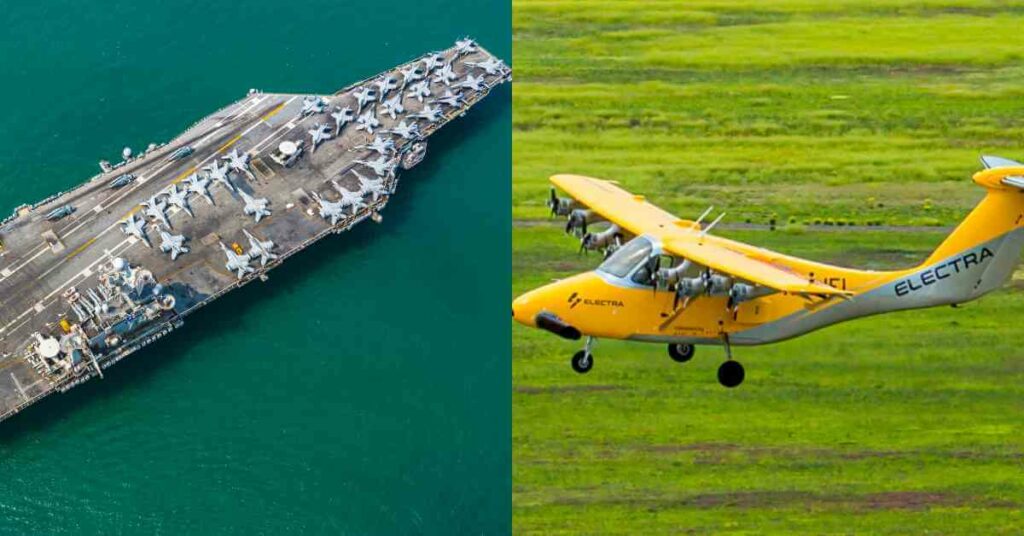World’s First Wind-Powered Cargo Vessel Saves 3 Tonnes Of Fuel Daily

An era of greener and more efficient shipping could be in the offing as an exclusively modified 43,000-ton bulk freighter finishes off a six-month trial at sea using a blend of diesel engines and high-tech automatic sails for catching the wind.
Combining sail and power is not a new speciality. It dates back to the first steamships when shipmasters were not unusually keen to depend on a portable, half-experimental steam engine to cross the ocean. Even now, the smallest sailing boats boast some auxiliary power to help maneuver in close quarters or make passages when the wind is not blowing.
As the engines advanced, vessels emerged as behemoths popular today, and shipping schedules also became as tight; the sails disappeared gradually from commercial traffic, but wind propulsion never vanished entirely.
Sails might not return as the key means of propelling a vessel, but the commitment to supplementing power with wind as a way to trim fuel consumption and decrease toxic emissions has been tempting, so long as it does not depend on acres of canvas and enormous crews of sailors hauling on the sheers.
Chartered by Cargill and operated by MC Shipping Kamsarmax, Pyxis Ocean has been retrofitted with two WindWings created by BAR Technologies, and a six-month sea trial was carried out starting in August last year. During this time, it sailed across the Indian, Pacific, North, and South Atlantic Oceans and passed the Cape of Good Hope and Cape Horn.
The WindWings are unlike the canvas sails seen in images of Cutty Sark. Instead, they’re solid, foldable sails made of steel or glass fibres and measure about 37.5 meters long. The aim is not to wholly replace the traditional diesel engines but to offer supplemental propulsion as the vessel sails into regions with favourable currents and winds.
They don’t need significant minding. A simple red or green traffic system tells the crew members when to deactivate or activate the WindWings. Once online, they respond to wind changes automatically and trim themselves to achieve the optimum speed. This permits the diesel to be throttled back without the vessel slowing down.
John Cooper, the CEO of BAR Technologies, mentioned that the impact of Singapore-flagged Pyxis Ocean’s first journey with WindWings installed demonstrates that wind-assisted propulsion can secure significant fuel savings and emissions reductions.
For instance, on an open sea expedition, the Pyxis Ocean secured fuel savings of about 11 tons daily under near-optimum sailing conditions.
While Pyxis Ocean boasts two WindWings, it is anticipated that most Kamsarmax vessels will carry three wings, raising fuel savings and emissions reductions by a factor of 1.5. With Cargill now able to validate modelling and performance predictions in real-world scenarios, it is an exciting stage as they begin rolling out the production of WindWings.
Per Cargill, this permitted Pyxis Ocean to save nearly three tons of fuel each day with a decline in carbon dioxide emissions of about 11.2 tons (the equivalent of getting rid of 480 cars off the road for the extent of the voyage) and a savings of about 14%.
The next stage is to ensure that such large-scale sail-equipped vessels are compatible with 250 shipping ports worldwide.
Cargill will continue testing and experimenting with Pyxis Ocean’s technical, operational, and commercial characteristics to integrate the vast amount of learning into the potential design of future installations before they scale up.
Associated with the University of Manchester’s Tyndall Centre, Dr Simon Bullock declared it was time for that to change. He added that the results indicated wind-assist technologies’ significant and immediate advantages.
He also urged other shipping firms to take note. To address climate change, the shipping industry must reduce its current use of fossil fuels. He told the BBC that indispensable technologies make major inroads into such a challenge and must be deployed and retrofitted as standard.
Reference: Cargill and BBC
Disclaimer :
The information contained in this website is for general information purposes only. While we endeavour to keep the information up to date and correct, we make no representations or warranties of any kind, express or implied, about the completeness, accuracy, reliability, suitability or availability with respect to the website or the information, products, services, or related graphics contained on the website for any purpose. Any reliance you place on such information is therefore strictly at your own risk.
In no event will we be liable for any loss or damage including without limitation, indirect or consequential loss or damage, or any loss or damage whatsoever arising from loss of data or profits arising out of, or in connection with, the use of this website.
Disclaimer :
The information contained in this website is for general information purposes only. While we endeavour to keep the information up to date and correct, we make no representations or warranties of any kind, express or implied, about the completeness, accuracy, reliability, suitability or availability with respect to the website or the information, products, services, or related graphics contained on the website for any purpose. Any reliance you place on such information is therefore strictly at your own risk.
In no event will we be liable for any loss or damage including without limitation, indirect or consequential loss or damage, or any loss or damage whatsoever arising from loss of data or profits arising out of, or in connection with, the use of this website.
Do you have info to share with us ? Suggest a correction
About Author
Marine Insight News Network is a premier source for up-to-date, comprehensive, and insightful coverage of the maritime industry. Dedicated to offering the latest news, trends, and analyses in shipping, marine technology, regulations, and global maritime affairs, Marine Insight News Network prides itself on delivering accurate, engaging, and relevant information.

About Author
Marine Insight News Network is a premier source for up-to-date, comprehensive, and insightful coverage of the maritime industry. Dedicated to offering the latest news, trends, and analyses in shipping, marine technology, regulations, and global maritime affairs, Marine Insight News Network prides itself on delivering accurate, engaging, and relevant information.
Latest Shipping News Articles You Would Like:
Subscribe To Our Newsletters
By subscribing, you agree to our Privacy Policy and may receive occasional deal communications; you can unsubscribe anytime.




